Britain needs the royal family more than ever
Veterans of the Cameron government recall how keen for extra responsibilities in this area Andrew was. But it’s a reminder of how long scandal has dogged him that he had to step down from that role in part because of his links to the disgraced Jeffrey Epstein.
The latest accusations against Andrew make it almost impossible to imagine him returning to royal duties or public life. Prince Charles’s judgment on this, as revealed by The Times on Thursday, is surely right. Combined with Prince Harry’s self-imposed exile this means Charles is getting his wish for a slimmed-down monarchy, if not by the route that he would have wanted.
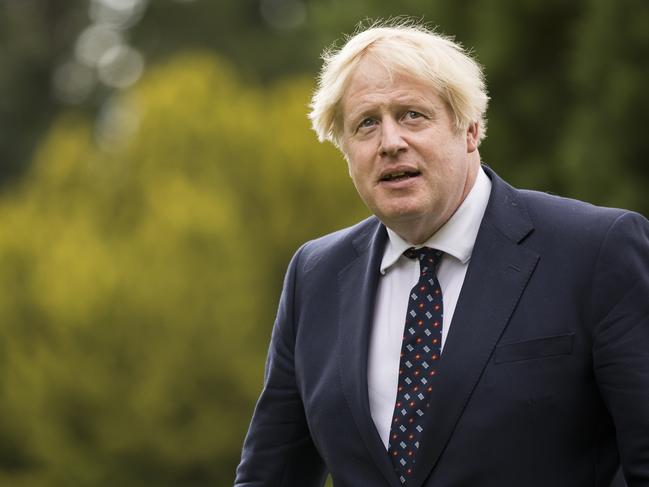
Despite all this, the soft power asset that the royal family represents is arguably more important than ever. The diplomatic calls on its principal members’ time will only increase.
Brexit has placed strains on this country’s relations with its closest neighbours. The acrimonious divorce negotiations with the EU were always going to make things difficult but hopes of moving rapidly to a new relationship have been hindered by lingering tensions, particularly over the Northern Ireland protocol.
The two sides’ approaches are making things worse. The British want to prove that they won’t be pushed around by their bigger neighbour, while the European Union, and the European Council specifically, wants to show London that it must abide by the commitments it makes. Harsh words will continue to be traded over Northern Ireland and trust will be reduced still further.
Politicians will struggle to improve the mood music, as they are participants in this drama. Just look at how Boris Johnson and Emmanuel Macron’s conversation at the G7 summit in June was turned into a row over what the French president had said about sausages in Northern Ireland. The royals, rightly far away from the drama of these negotiations, can rise above such disputes.
Whitehall has long seen the value that the royal family can provide amid the teething problems of Britain’s new relationship with Europe. When Johnson was made foreign secretary after the referendum in 2016, the Foreign Office shifted the focus of royal activities far more towards the Continent. There was a steep increase in the number of royal visits to EU capitals.
At the same time, the Spanish and Dutch royal families were both invited on state visits here. This was a sensible exercise of soft power. It was a subtle reminder of the enduring nature of the connections between the UK and its neighbours; that however tempting it might be for both sides to fall out over Brexit they would still have to live together afterwards.
There is more of this royal diplomacy to be done. Brexit has made things especially fraught with the UK’s two closest neighbours, Ireland and France. The royals can play some role in reminding people of the depth of the bonds involved and the importance of not throwing the baby out with the bath water. The Cambridges’ visit to Ireland in March 2020 was a sign that despite the undoubted tensions that Brexit and the protocol are causing, relations remain much better than they were for the vast majority of the past century.
Attempts to schedule a biennial Anglo-French summit, which last took place in 2018, are falling prey to the tensions in the wider Anglo-French relationship. It’s possible that a royal visit to Paris could make the entente a bit more cordiale in the meantime.
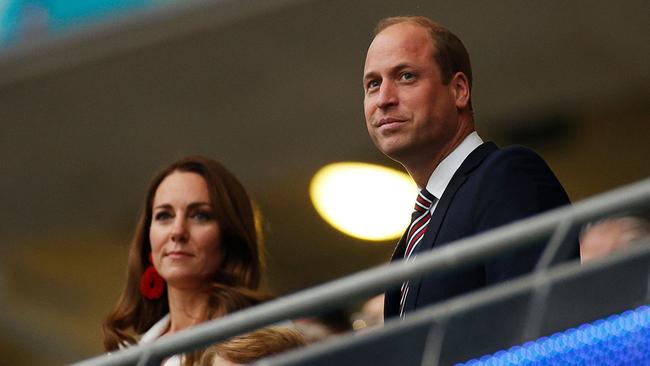
One might be forgiven for wondering whether this emphasis on the royals is an example of the British projecting their own values on to others. But there is little doubt of the pull they, and the Queen in particular, have. When in 2014 the Cameron government asked around Berlin what Angela Merkel would most want out of a visit to Britain, one of the things they were urged to add to the itinerary was tea with the Queen. Merkel described the presence of three generations of the royals at this year’s G7 summit in Cornwall as a highlight.
Prince Charles will of course have a hard act to follow. He has also had a tougher press than his mother. Government complaints about how there should be a disclaimer before episodes of The Crown to emphasise that it is fictional were prompted in part by worries about the damage the Netflix series was doing to the heir to the throne’s reputation at home and abroad. Prince Harry’s forthcoming memoir is also likely to be unhelpful to his father.
Charles, though, is taking on more responsibilities at a time when the issue that has long motivated him, the environment, is taking centre stage in global diplomacy. His long-standing interest in sustainability, once widely mocked, is now seen as ahead of its time. Indeed, the Commonwealth – which it was agreed in 2018 that Charles would head after his mother – is especially well suited to facilitating work on climate change, containing as it does countries such as India that are emitting more as they develop, and island states that are exceptionally vulnerable to rising sea levels.
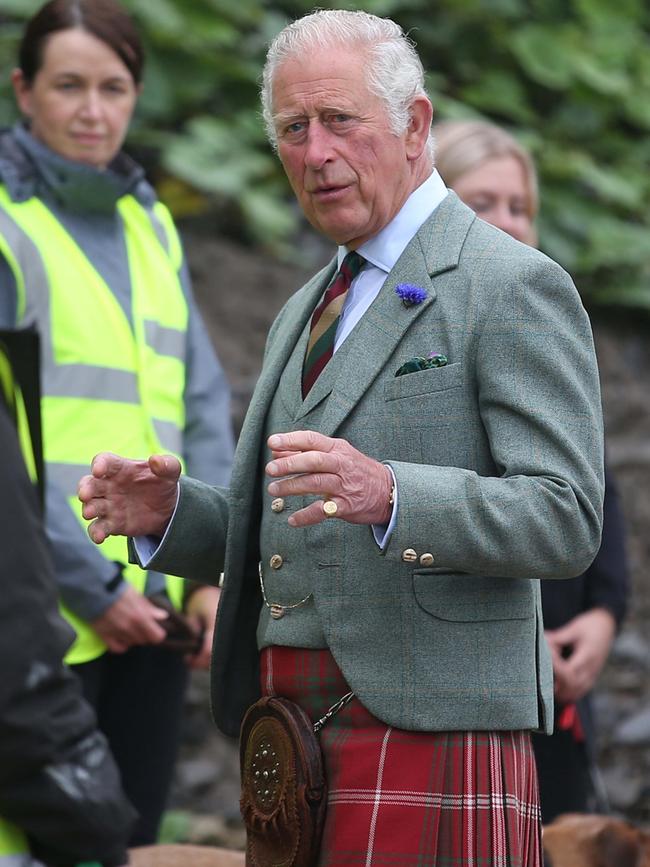
Charles, who attended the Cop21 climate change meeting in Paris in 2015, has already delivered speeches making clear what he thinks needs to be achieved at the Cop26 summit in Glasgow in November, and pointing to the work of his own sustainable markets initiative.
Given that the Queen’s Commonwealth Canopy is attempting to create a global network of forest conservation projects and that Prince William shows a growing interest in climate change and conservation, it is likely there will be a green thread running through royal diplomacy from now on.
The need for the royal focus on Europe will ease in time. The UK’s relationship with the EU will find its level. There will emerge a new generation of politicians on both sides of the Channel who do not bear the scars of these disputes and are less inclined to wave the bloody shirt at the slightest provocation.
But between now and then, these three generations of royals will have a distinct role to play. Whatever one’s views of this country’s constitutional arrangements, the last few years have demonstrated the benefits of a branch of the state that can transcend politics.
James Forsyth is political editor of The Spectator
The Times


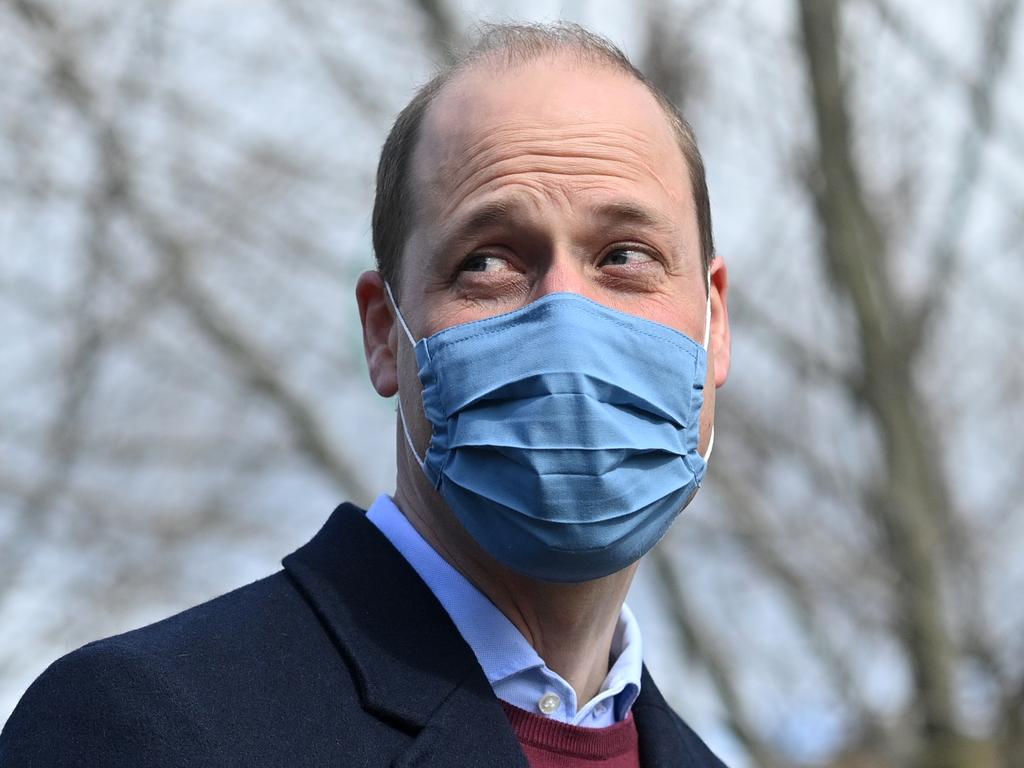
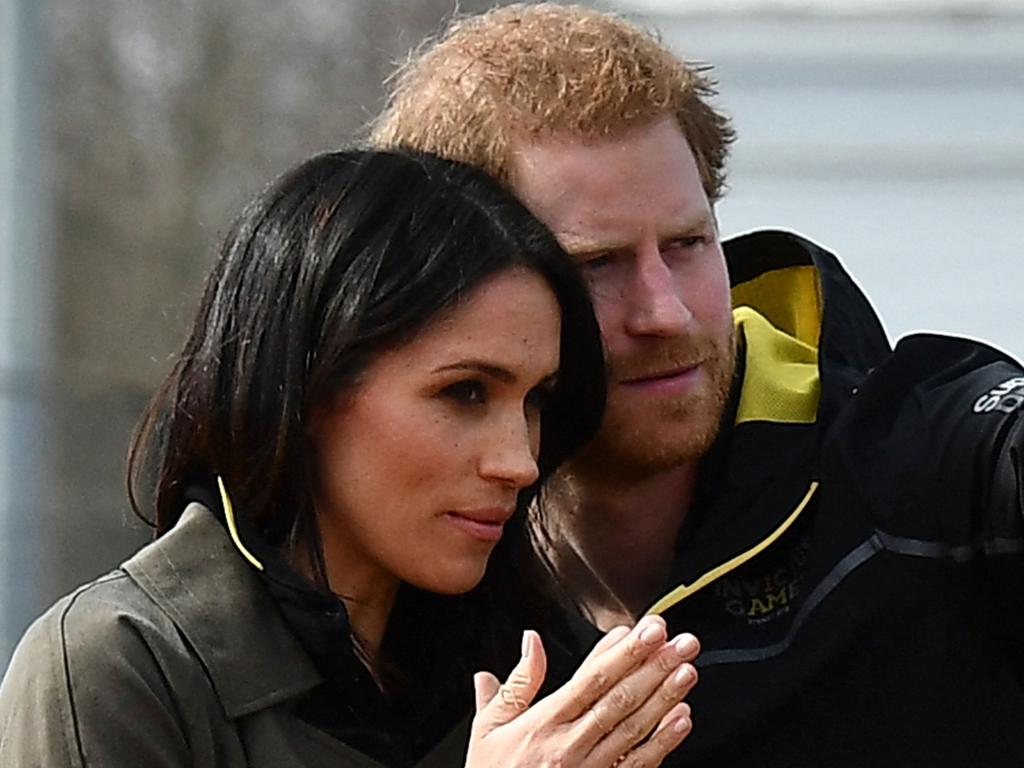
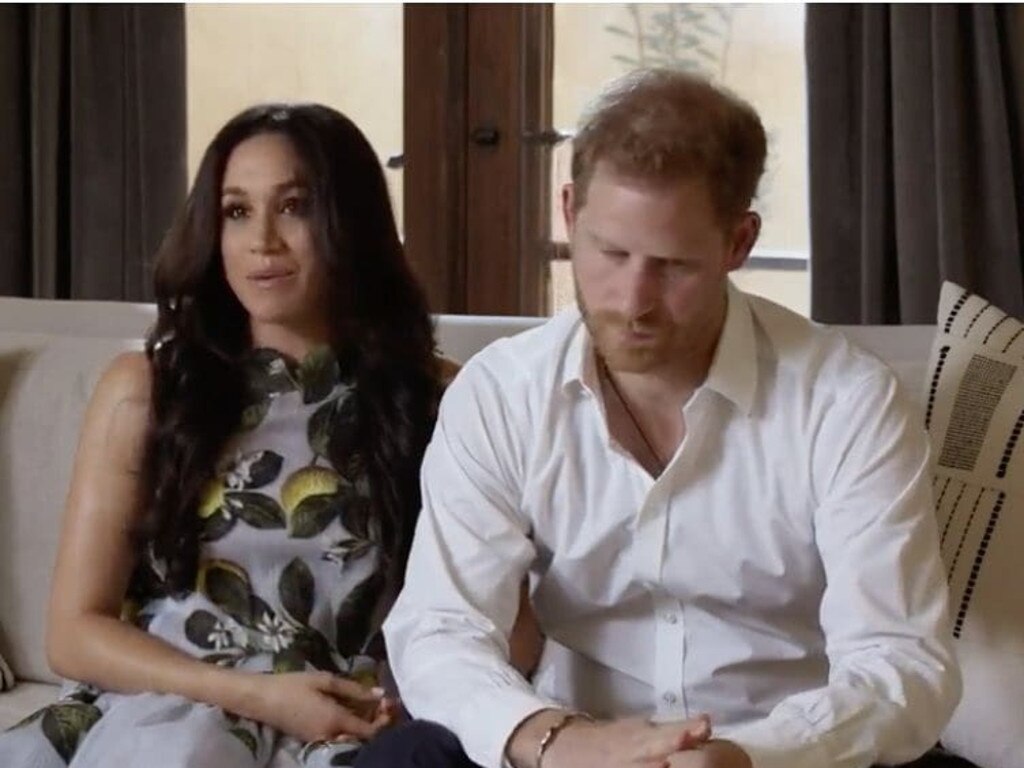


In different circumstances, Prince Andrew might be a rather active royal right now. Until 2011, he was the trade envoy and it’s easy to imagine him accepting enthusiastically the challenge of drumming up post-Brexit business. Hosting drinks receptions on a new national flagship would be much more his thing than his elder brother’s.